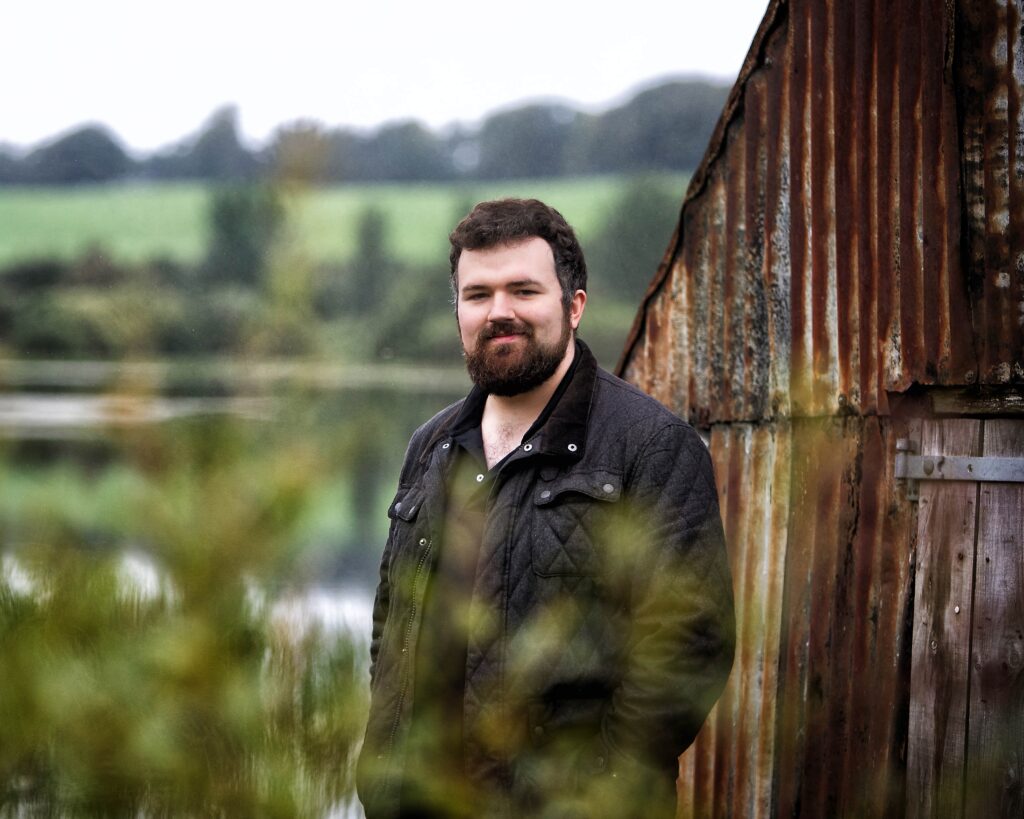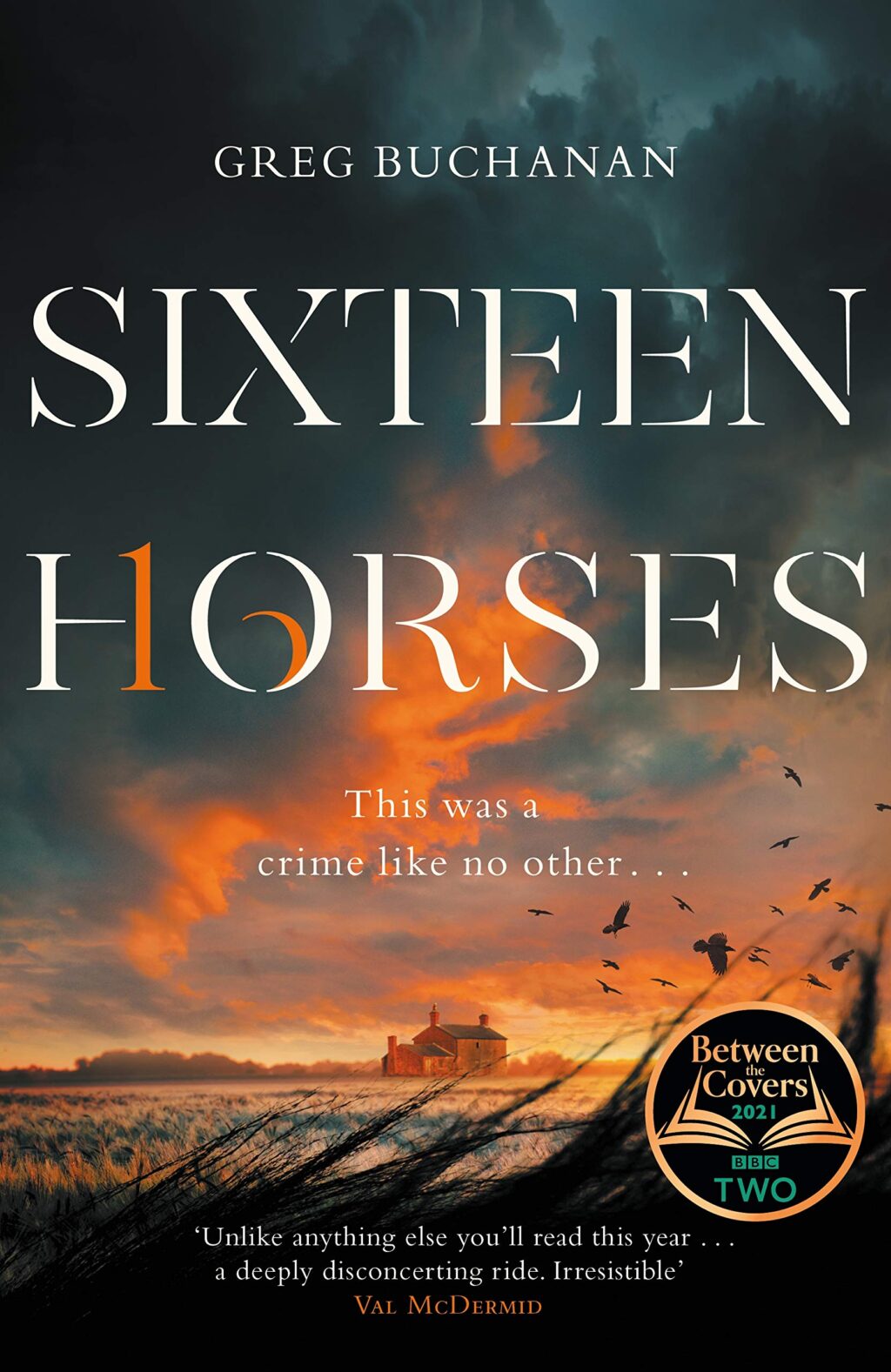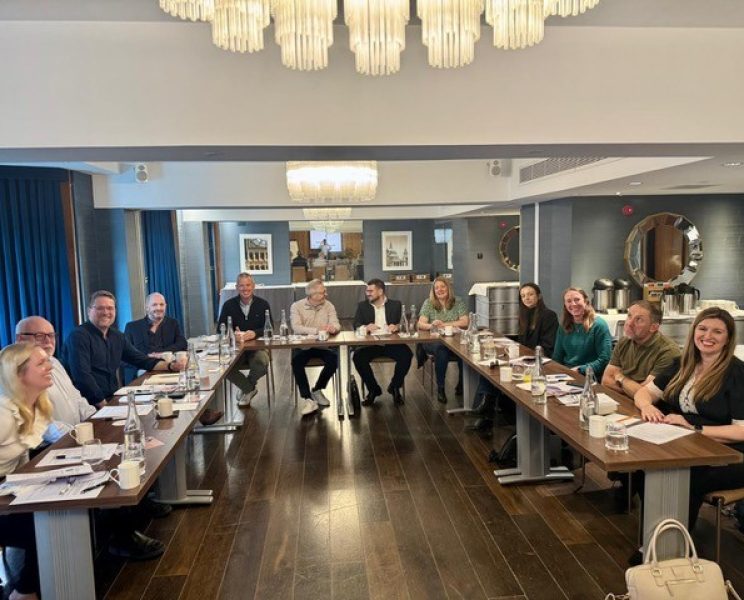Greg Buchanan
1. How did you first get into writing/designing games?
I produced an interactive short horror story, Paper Brexit, about a man who meets a strange figure in a café near Westminster. Probably for being extremely topical and with games news websites being glad of something to cover, it ended up being rapidly picked up across multiple publications for coverage. I filled the following year with work for various video game companies who’d either played my political titles or who had been sufficiently convinced to hire me by the positive feedback I’d received for it and my follow-up, American Election (Both titles are free to read and play here: https://gregbuchanan.itch.io)
2. What advice would you give to someone starting out in the gaming industry?

The main obstacle in the way of the majority of aspiring game writers is the failure to write any actual games. This sounds simple enough, but many people over-think the amount of preparatory work they need to do, or ‘readiness’ they might need to magically feel, in order to create something.
If you’re in this position, trust me — the first thing you need to do is stop thinking about careers in game writing, and actually go and create some of the stuff you’re going to be trying to do professionally.
So this is what you need to do: obtain Twine and write something in it, anything at all. There are guides available across YouTube and Google for how to use it — you don’t need coding experience at all.
Do not worry about how ambitious or great what you produce is. Do not worry if you’re more used to other media and therefore view yourself as somehow lacking the knowledge to write games (you don’t lack this knowledge). That isn’t the point. The point is to break past that hurdle from a vague wish to start a craft and actually practising it.
3. How did you transition from writing games to writing novels?
Writing novels was always the plan – writing games ended up being an unexpected journey along the way, working and making a living in a medium I was fascinated by but which I’d had no professional ambitions in starting out. So the question is more – how did I go from novels to games to novels (which were then published). I think game writing was key in my eventual success in publishing in terms of how it refined my skills and level of experimentation with style and characterisation. Games are incredibly experiential and frequently very much more purposeful-dialogue driven than the average novel. Prior to writing games, my style had been very esoteric- games combined with that style to form a hybrid of that esoteric and surreal sense of the world with newfound structure and guided purpose.
4. Where did you get your inspiration for your new novel, Sixteen Horses?
I ended up starting my debut novel, a literary thriller called Sixteen Horses, while on the Creative Writing MA at University of East Anglia. It starts with a farmer finding the heads of sixteen stolen horses buried in his field; the resulting investigation takes place across a backdrop of social, environmental, and personal crisis for the characters involved. It was partially inspired in the beginning by a trip to Great Yarmouth during the course, where I went on a particularly unseasonable day and saw – in the rain and empty streets – all the amusement arcade lights still on, which felt haunting and fascinating in equal measure. Of course, the beachfront can be quite lovely in the right weather – it was my luck to go on a surreal sort of day for such a visit. I began to think about films such as Peter Weir’s Picnic at Hanging Rock and its sense of dread and mystery in an isolated place — and felt combining it with the lonely architecture of a dying, distant seaside place such as imaginary Ilmarsh would be an interesting start. From there, everything else began to follow.
5. What 3 tips would you give for staying motivated as a writer in your industries?
– Have faith, believe in yourself to a degree that will often feel scary and unjustified!
– BUT, at the same time, you have to find a compromise between this faith and worldly demands such as rent and bills — if you must, treat market demands as the kind of arbitrary artistic constraints that French experimentalists used to produce more interesting poetry and fiction. It can produce more fascinating work than you might have otherwise, even if money had not been a factor.
– Make sure the team you are working with is right for you emotionally and practically — you’re going to be working by yourself for a long long time, and you need people who will give you the right support in this. Only you can judge this and what you need! Know yourself, go to therapy, etc!




